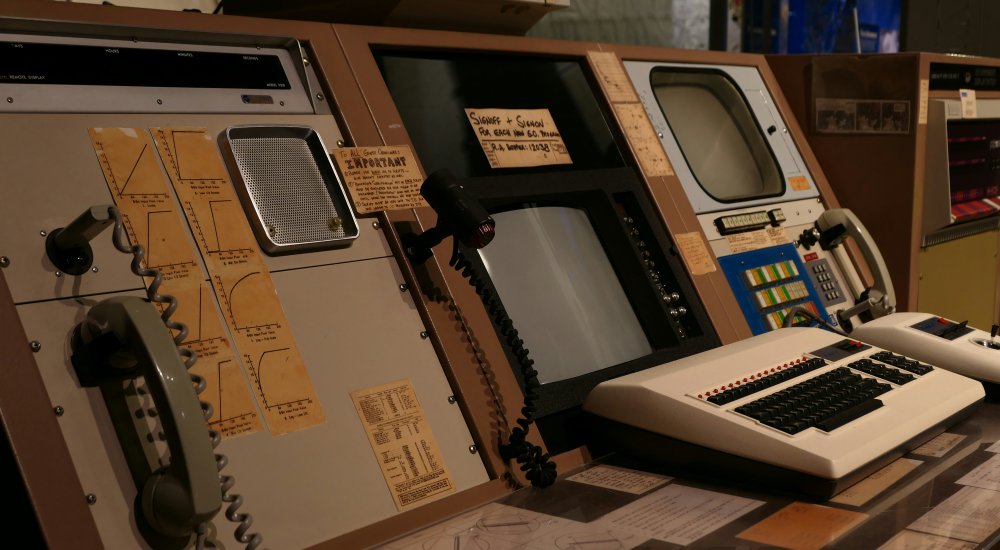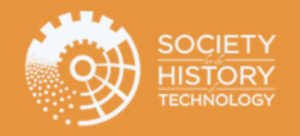Brooke Hindle Postdoctoral Fellowship in the History of Technology

The Brooke Hindle Postdoctoral Fellowship in the History of Technology honors the contribution of Brooke Hindle to the work of the Society for the History of Technology. The Fellowship, made possible thanks to the great generosity of his family, is for $10,000 and may be used, as further detailed below, for any purpose connected with research or writing in the history of technology for a period of not less than three months during the calendar year following the award.
Applicants must hold a doctorate in the history of technology or a related field. The doctorate can be awarded no more than four years before the application deadline, and no later than nine months after the application deadline. (Applicants who graduated more than four years before the deadline but have extenuating circumstances, such as family commitments, may apply at the discretion of the committee chair.) Other awards may be held in conjunction with the Fellowship.
The proposal must be in a field related to the history of technology. Applicants should be intending either to prepare a dissertation for publication as articles or as a monograph, or to develop a new project based on primary research. Applications must be in English.
Applications must include
- A proposal of no more than 3000 words, which should outline the focus of the project, relevant literature, sources to be used, plan of work, and originality of the expected contribution. If the proposal involves revising the dissertation, the applicant should specify the new work to be done.
- A dissertation summary (no more than 1000 words).
- A writing sample.
- A current c.v.
- Two letters of recommendation. If the applicant has not yet completed the Ph.D., one letter should be from the chair of the dissertation committee, and this letter should confirm that the dissertation will be completed by the start of the next calendar year. The letter can be attached to the application, or submitted separately (see link below)
Submit an application for the Hindle Fellowship
Link for separate submission letter of recommendation
Frequently Asked Questions
Do applicants need to be affiliated with an academic institution (or any kind of research-related organization) for the duration of the fellowship?
- Affiliation doesn’t matter, as long as the applicant can demonstrate that he/she/they is able to undertake the research proposed. Being an independent scholar is perfectly acceptable.
Why is a dissertation summary necessary when an applicant is proposing a new project?
- Since the fellowship is intended for recent PhD’s, we ask for a dissertation summary that demonstrates the quality of the applicant’s research to date. It would make the “new project” more credible if the applicant can show the connection between the dissertation work and the second project. The point is to place the project within the context of the applicant’s broader research agenda.
Are there any specific requirements for the writing sample? Would it be possible for an applicant to submit a published article, or should it be a shorter text?
- A writing sample should be a full-length research article, published or in manuscript form. This will demonstrate the capability of the applicant to persuasively make a historical argument. Therefore, a “shorter text” would be discouraged, if at all possible.
If the applicant had the opportunity to also organize “outreach” activities based on the project, for example seminars, workshops or conferences, should that be mentioned in the proposal, or should applicants strictly focus on research activities only?
- A short mention of relevant outreach activities would be helpful. However, since the fellowship is intended to be a research fellowship, the focus should be on historical research based on primary sources.
Should the application be in English?
- Although research may be in any country/language, the application can only be accepted when in English
